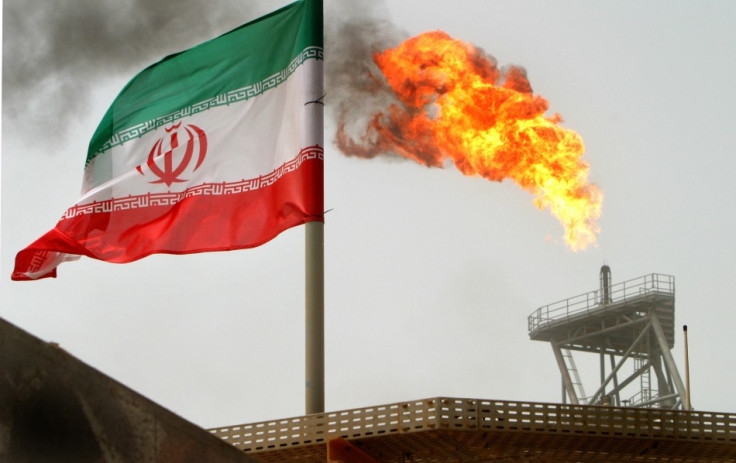Exuberance over Iran oil 'overdone' after US sanctions deal

Oil market analysts say even cheaper petrol will be back following the 14 July nuclear deal between Iran and the US. Their enthusiasm may be wide of the mark, say industry experts.
After the initial black gold rush, those placing bets on Iranian oil will find the path to recover Iran's industry long and littered with obstacles.
Asia is enthusiastically lining up large purchases of Iranian oil a day after a deal with the US was struck to lift sanctions on the Middle East power. There are roughly 40 million barrels of Iranian crude oil in tanker storage scattered between Gulf islands, Hong Kong, and Singapore.
"It's significant, but not hugely significant," said Professor Paul Stevens, of the UCL International Energy Policy Institute, and a distinguished fellow at the Royal Institute of International Affairs.
In the short term, Iran "will want to get their hands on as much money as they can as soon as they can," he said. The country could be releasing 300,000-500,000 barrels of crude per day as early as the second half of next year. But it's "a finite amount". At that rate Iran would burn through its stockpile in two-and-a-half months.
Comparatively, Russia, the second largest producer in the world pumps out 10.9 million barrels of crude per day.
The bigger question for Iran, Stevens said, is "how long will it be before it can increase production?" It could, he points out, be three to five years.
Or even longer, according to Amrita Sen, chief oil analyst at global energy markets consultancy Energy Aspects.
In its deal with the US, Iran has accepted rules that limit its nuclear programme in trade for lifting international sanctions on the country. If all goes smoothly, and the deal gets through the US, then the UN, and Iran implements all the technical restrictions put on it, by early 2016 those sanctions could be lifted.
US President Barak Obama has promised to push the deal through Congress with a presidential veto. The underlying legislation in the Iran Sanctions Act, however, "can only be lifted by Congress," said Sen.
Once all its stored oil is gone, what Iran's beleaguered oil industry needs is a shot of investment. "The oil fields are in a pretty bad state," said Stevens. "In order to get them into some sort of shape they need to get international oil companies to invest capital."
The oil fields are in a pretty bad state. In order to get them into some sort of shape they need to get international oil companies to invest capital
The fact that Congress "ultimately controls the Iran Sanctions Act could mean a slower return for foreign companies," Sen continues. Under these rules Iran is only allowed to use three of its oil fields and has even cut back production there by 12 to 18%.
Foreign companies are also blocked from operating there, and heavily penalized if they do. The act expires at the end of 2016, but could be extended under a new US government following the 2016 election.
Toward the end of the 1970s Iran laid out a plan to invest in the country's oil infrastructure. It was never really carried out. There was the revolution in 1979, then the Iran/Iraq war from 1980 to 1988, then the sanctions in the 1990s.
On top of that, during Iranian President Mahmoud Ahmadinejad's tenure from 2005 to 2013, "a lot of people at the National Iranian Oil Company got fed up with politics and left," Stevens said. "That institution lost a lot of good people," and will be difficult to rebuild.
"You need significant volume of foreign money to come in" to do that, said Sen. "It's not going to be very soon."
How much supply Iran brings to the global market place hangs heavily on whether international oil companies can be "100% certain that they can go in without any repercussions," said Sen.
In the short term Iran will add to the oil supply globally. Some analysts predict that after the beginning of September "we should see gas falling by 10 to 15 cents a month," Tom Kloza, chief oil analyst with the Oil Price Information Service told CNN on Tuesday. "By December a lot of places are going to see gasoline at $2 (£1.28, €1.82) or less" per gallon.
On the back of the US- Iran deal on Tuesday, crude prices fell 2.3% to $50.98 per barrel. Later in the day these came to rest 1.6% higher at $53.04 a barrel.
Long term, however, "this is likely to be a gradual process," said Sen, "rather than a flood of additional oil entering the market. The market always overestimates supply. Their exuberance is probably overdone."
© Copyright IBTimes 2025. All rights reserved.






















